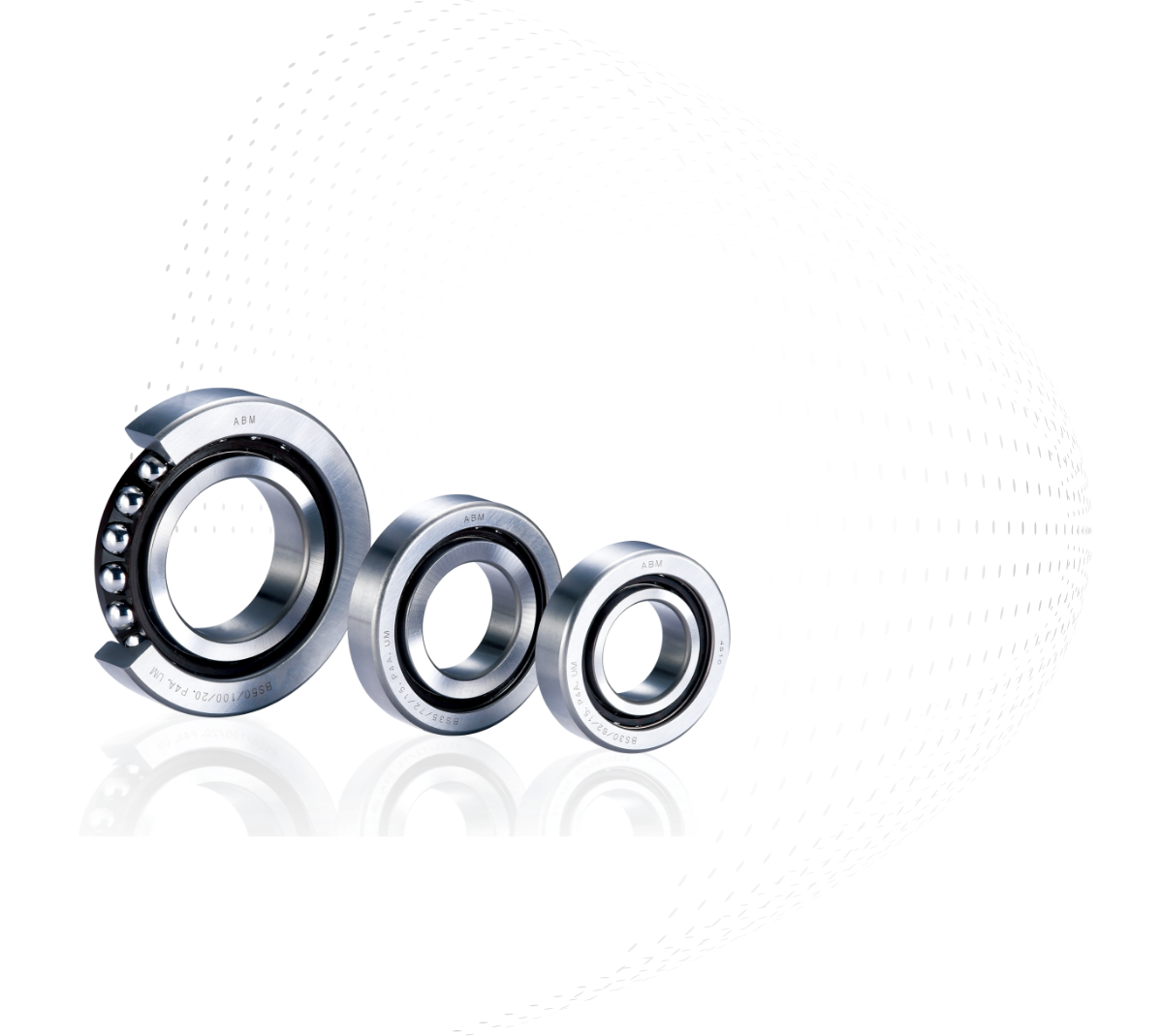The Significance of Bearings
The Significance of Bearings
Blog Article

The Significance of Bearings
Bearings are crucial components in various mechanical systems, serving the fundamental purpose of reducing friction between moving parts. They facilitate smooth and efficient operation by supporting rotating or linear motion, thereby enabling machines to function optimally. Without bearings, the mechanical components would experience increased wear and tear due to friction, leading to decreased performance and potentially catastrophic failures. The significance of bearings in ensuring the smooth functioning of machinery is evident across a wide range of industries, from automotive to aerospace, manufacturing to healthcare. The Www is a testament to the indispensable role bearings play in modern technology and innovation.
Benefits of Ball Bearings
Among the different types of bearings, ball bearings stand out for their versatility and efficiency. Ball bearings utilize balls to maintain separation between the bearing races, reducing friction and promoting smooth rotation. This design not only enhances performance but also prolongs the lifespan of machinery. Ball bearings are capable of handling both radial and axial loads, making them suitable for a wide range of applications, from precision instruments to heavy machinery. Their ability to operate at high speeds while maintaining low noise levels makes them a popular choice in various industries. Additionally, ball bearings require minimal maintenance, contributing to cost savings and operational efficiency. Learn more about the advantages of ball bearings at Tapered Roller Bearings Or Spherical Roller Bearings.
A Comprehensive Bearing Guide
Understanding the various types of bearings is essential for selecting the right components for specific applications. A well-informed decision can significantly impact the performance and longevity of equipment. Whether choosing between ball bearings, roller bearings, thrust bearings, or plain bearings, each type offers unique characteristics that cater to different operational requirements. The Bearing Types You Should Know resource provides valuable insights into the different bearing options available in the market, helping individuals and businesses make informed choices based on their specific needs and preferences.
Types of Bearings
There are several types of bearings, each designed to fulfill specific functions based on the application requirements. Understanding the distinctions between these types can aid in selecting the most suitable bearing for a particular use case. Some common types of bearings include:
1. Ball Bearings
Ball bearings are known for their ability to handle both radial and axial loads, making them suitable for a wide range of applications, from automotive to industrial machinery. Their smooth operation and high efficiency make them a preferred choice in scenarios where precision and reliability are paramount.
2. Roller Bearings
Roller bearings feature cylindrical, tapered, or spherical rollers that distribute loads evenly, providing high radial capacity and accommodating misalignment. These bearings are commonly used in heavy-duty applications where high load-bearing capacity and shock resistance are required.
3. Thrust Bearings
Thrust bearings are designed to support axial loads and maintain shaft alignment, making them ideal for applications requiring high precision and efficiency. These bearings are crucial in scenarios where precise axial movement is essential for the proper functioning of the machinery.
4. Plain Bearings
Plain bearings, also known as sleeve bearings, offer a simple yet effective solution for low-speed and high-load applications, reducing friction through sliding contact. These bearings are commonly used in applications where simplicity and reliability are key considerations, such as in agricultural machinery and construction equipment.
Choosing the Right Bearing
When selecting bearings for a particular application, factors such as load capacity, speed, operating conditions, and maintenance requirements must be taken into consideration. Consulting with bearing experts can help in identifying the most suitable bearing type for optimal performance and durability. By evaluating the specific needs of the application and understanding the unique characteristics of each bearing type, individuals and businesses can make informed decisions that enhance the efficiency and reliability of their machinery.
Conclusion
Bearings play a critical role in the functionality of numerous mechanical systems, offering reduced friction, increased efficiency, and enhanced performance. Understanding the importance of bearings, the benefits of ball bearings, and having a comprehensive bearing guide can aid in making informed decisions when it comes to selecting the right bearings for specific applications. By utilizing resources like Www, Tapered Roller Bearings Or Spherical Roller Bearings, and Bearing Types You Should Know, individuals and businesses can navigate the diverse world of bearings with confidence and precision, ultimately leading to improved operational efficiency and cost savings.
Report this page